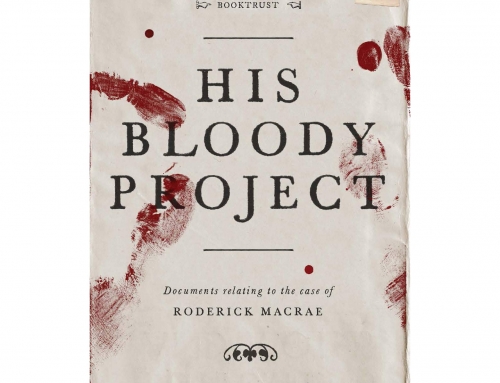This is only the second McEwan book I’ve read – the other was Atonement. I loved both of them and I can feel an Ian McEwan binge read coming on.
I know some people didn’t like Atonement. There is no doubt it was deeply tragic and the brilliance of the characterisations only made it more so. Although the setting and characters are completely different, Atonement is a good gauge for whether or not you would enjoy this book.
The Children Act centres around Fiona Maye, a Family Court Judge in the UK, who is dealing with traumatic decisions concerning the rights and welfare of children and the breakdown of marriages while she simultaneously faces difficulties in her own private life. Fiona is haunted by her childlessness and, although she is much admired by her colleagues for her disciplined legal reasoning, I felt a lingering suspicion that Fiona’s personal circumstances were colouring her judgment.

In particular, Fiona needs to determine whether to overrule the wishes of Adam, a 17 year old boy and his parents and force him to undergo a blood transfusion. As Jehovah’s Witnesses, they believe that a blood transfusion is wrong.
Save in one respect, I do not believe my self confessed law nerdiness was the reason I enjoyed this book. I have never practiced in family law and I do not know whether the Family Court of Australia has to deal with similar issues. I did enjoy McEwan’s accurate and literary approach to the way in which judgments are considered and written.
Ultimately though, this is a very human story rather than a bland courtroom drama. The characters of Fiona and Adam are very compelling. I have often wondered about the loneliness of Judges. I also wonder about children raised in non-mainstream faiths. I often hear people comment that those children have been “brainwashed” but I wonder whether any of us can say we have not been “brainwashed” by our parents and the societal norms with which we are surrounded.





